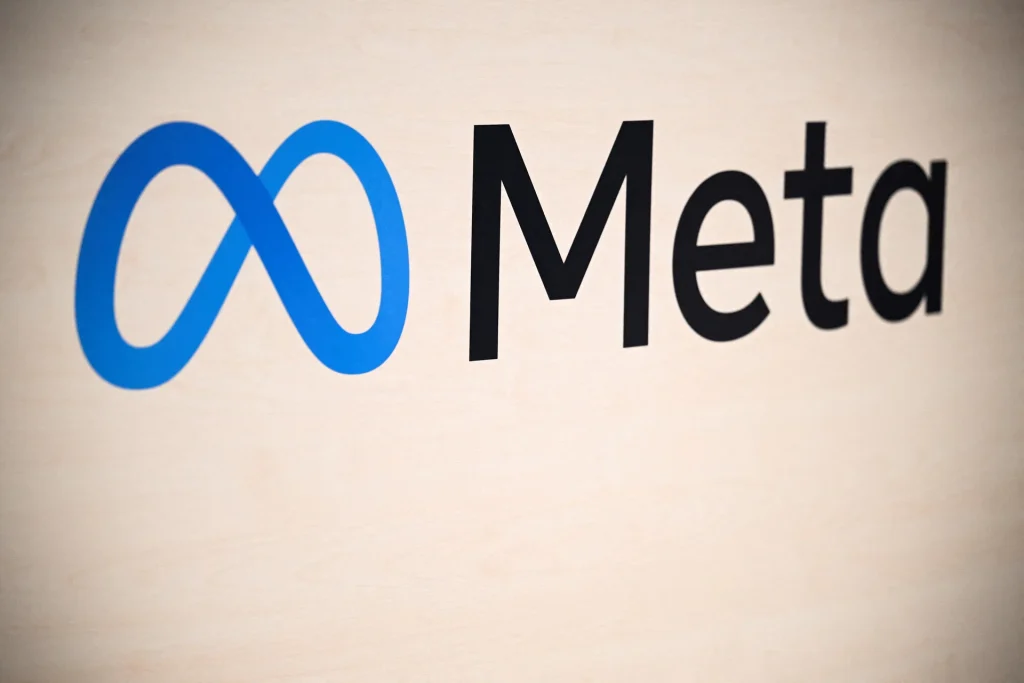[NEW YORK] Facebook owner Meta’s US$14.8 billion investment in Scale AI and hiring of the data-labeling startup’s chief executive offiecer will test how the Trump administration views so-called acquihire deals, which some have criticized as an attempt to evade regulatory scrutiny. The deal, announced on Thursday (Jun 12), was Meta’s second-largest investment to date. It gives the owner of Facebook a 49 per cent nonvoting stake in Scale AI, which uses gig workers to manually label data and includes among its customers Meta competitors Microsoft and ChatGPT creator OpenAI.
Unlike an acquisition or a transaction that would give Meta a controlling stake, the deal does not require a review by US antitrust regulators. However, they could probe the deal if they believe it was structured to avoid those requirements or harm competition. The deal appeared to be structured to avoid potential pitfalls, such as cutting off competitors’ access to Scale’s services or giving Meta an inside view into rivals’ operations – though Reuters exclusively reported on Friday that Alphabet’s Google has decided to sever ties with Scale in light of Meta’s stake, and other customers are looking at taking a step back.
In a statement, a Scale AI spokesperson said its business, which spans work with major companies and governments, remains strong, as it is committed to protecting customer data. The company declined to comment on specifics with Google.
Alexandr Wang, Scale’s 28-year-old CEO who is coming to Meta as part of the deal, will remain on Scale’s board but will have appropriate restrictions placed around his access to information, two sources familiar with the move confirmed. Large tech companies likely perceive the regulatory environment for AI partnerships as easier to navigate under President Donald Trump than under former President Joe Biden, said William Kovacic, director of the competition law center at George Washington University.
Trump’s antitrust enforcers have said they do not want to regulate how AI develops, but have also displayed a suspicion of large tech platforms, he added.
“That would lead me to think they will keep looking carefully at what the firms do. It does not necessarily dictate that they will intervene in a way that would discourage the relationships,” Kovacic said.
BT in your inbox

Start and end each day with the latest news stories and analyses delivered straight to your inbox.
Federal Trade Commission probes into past “aquihire” deals appear to be at a standstill. Under the Biden administration, the FTC opened inquiries into Amazon’s deal to hire top executives and researchers from AI startup Adept, and Microsoft’s US$650 million deal with Inflection AI. The latter allowed Microsoft to use Inflection’s models and hire most of the startup’s staff, including its co-founders.
Amazon’s deal closed without further action from the regulator, a source familiar with the matter confirmed. And, more than a year after its initial inquiry, the FTC has so far taken no enforcement action against Microsoft over Inflection, though a larger probe over practices at the software giant is ongoing.
A spokesperson for the FTC declined to comment on Friday.
David Olson, a professor who teaches antitrust law at Boston College Law School, said it was smart of Meta to take a minority nonvoting stake.
“I think that does give them a lot of protection if someone comes after them,” he said, adding that it was still possible that the FTC would want to review the agreement. The Meta deal has its skeptics. US Senator Elizabeth Warren, a Democrat from Massachusetts who is probing AI partnerships involving Microsoft and Google, said Meta’s investment should be scrutinised.
“Meta can call this deal whatever it wants – but if it violates federal law because it unlawfully squashes competition or makes it easier for Meta to illegally dominate, antitrust enforcers should investigate and block it,” she said in a statement on Friday.
While Meta faces its own monopoly lawsuit by the FTC, it remains to be seen whether the agency will have any questions about its Scale investment. The US Department of Justice’s antitrust division, led by former JD Vance adviser Gail Slater, recently started looking into whether Google’s partnership with chatbot creator Character.AI was designed to evade antitrust review, Bloomberg News reported. The DOJ is separately seeking to make Google give it advance notice of new AI investments as part of a proposal to curb the company’s dominance in online search. REUTERS


